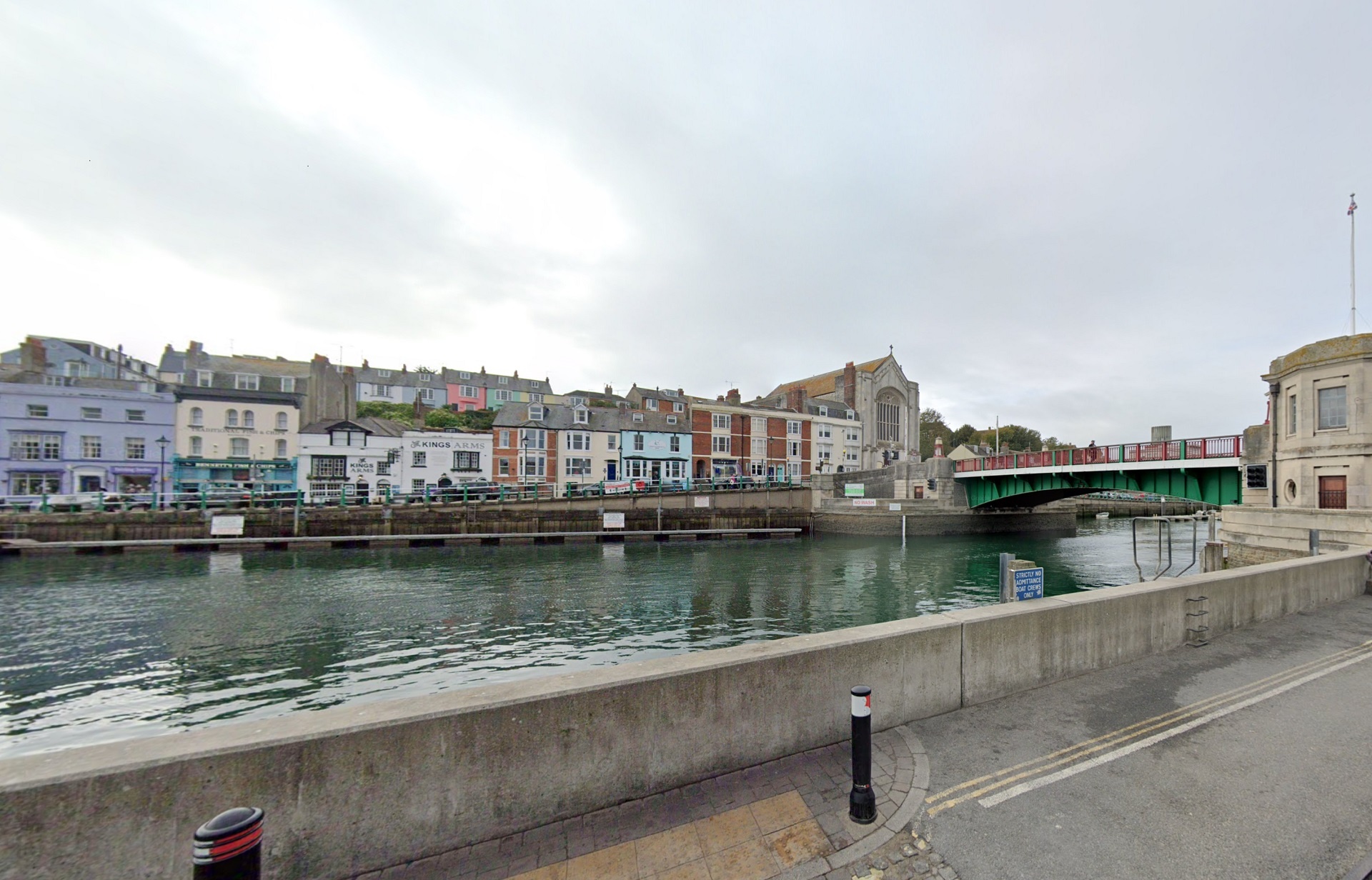A new book by Christopher Jary reveals for the first time the extent of the sacrifice made by the men of the Dorset Regiment who, in September 1944, crossed the Neder Rijn near Arnhem to rescue the parachute and glider troops trapped on the north bank.
By combining regimental records with survivors’ accounts and the lifelong research of Philip Reinders, a Dutch historian who has devoted decades to the Dorsets’ role in the Arnhem battle, a team from Dorchester’s Keep Military Museum have been able to identify all those who lost their lives across the river, those who were captured and many of those who returned safely to the south bank.
Among those who died was 20-year-old Private Alec Taylor, who had confided in a mate as they crossed the river that, as a Jew, he would prefer to die than be captured. Among those captured were Private Cliff Lloyd of Gillingham and Major Philip Roper of Bridport, who were two of the last few ordered by their Commanding Officer to surrender once their task was done. Among those manning the boats ferrying the Airborne survivors back across the river was Sergeant Bob Rigler of Hamworthy, who was thrice decorated for his bravery. General Boy Browning honoured the Dorsets’ sacrifice, awarding them a unique Airborne Pennant, now proudly displayed at the Keep Military Museum.
Their achievements are a source of pride in Dorset because the two Dorset battalions – the 4th and 5th – were mainly local men who had enlisted as Territorials before 1939 or in the early years of the war. After long years of training in England, they landed in Normandy in June 1944.
Quoting the testimony of more than 60 veterans, this book tells their story – from their first bloody encounter with the SS and Hitler Youth near Caen, through the relentless campaign of attrition in Normandy, via Arnhem, Geilenkirchen, the Reichswald Forest and across the Rhine to Bremen and beyond. Fighting alongside the 7th Hampshires, a fellow Territorial battalion based originally on Bournemouth, the 4th and 5th Dorsets’ eleven-month campaign cost 484 Dorset and 270 Hampshire lives.
The book’s title, drawn appropriately from Thomas Hardy’s verse play, The Dynasts, is So Red A Road.
I have beheld the agonies of war
Through many a weary season; seen enough
To make me hold that scarcely any goal
Is worth the reaching by so red a road.
Few roads were redder than the one the Dorsets and Hampshires marched from Normandy to Bremen. This book is a poignant tribute – often in their own words – to their gallant sacrifice.
Published on 1st December 2022, So Red A Road: From Normandy to Bremen – The 7th Hampshires and 4th & 5th Dorsets June 1944-May 1945, is written by Christopher Jary and is available from the Keep Military Museum, Barrack Road, Dorchester DT1 1RN.
The above item written by Lieutenant Colonel (Retired) James Porter.
















